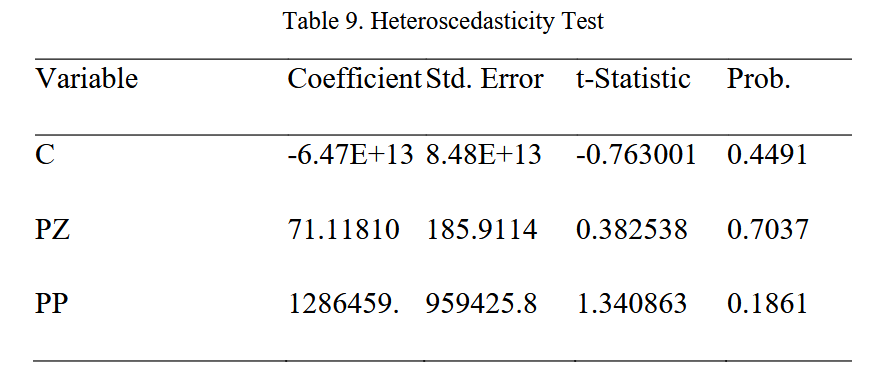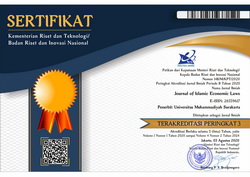How Zakat Affects Economic Growth In Three Islamic Countries
DOI:
https://doi.org/10.23917/jisel.v6i1.21242Keywords:
Zakat, Economic Growth, Population GrowthAbstract
Zakat as a pillar of development in Islamic economics contributed to the economic development applied in all Caliphate in the Islamic history. By then, this study aims to analyze the effect of zakah on economic growth of three Muslim countries. This study uses a regression estimate of panel data designed to determine the impact of zakat on economic growth with a sample of three Islamic countries in 2003-2020. The results of this study indicate that zakat distribution and population growth have a positive and significant effect on economic growth in three Islamic countries, namely Indonesia, Malaysia and Singapore in 2003-2020. Thus, it can create evidence that zakat can affect economic growth, especially in Islamic countries. This research also supports that zakat should be included in fiscal instrument in today’s world, not only tax. Based on the results of the research above, the student recommend that zakat be included in fiscal policy as is the case with taxes.
Downloads

Submitted
Published
How to Cite
Issue
Section
License
Copyright (c) 2023 Journal of Islamic Economic Laws

This work is licensed under a Creative Commons Attribution-ShareAlike 4.0 International License.



















